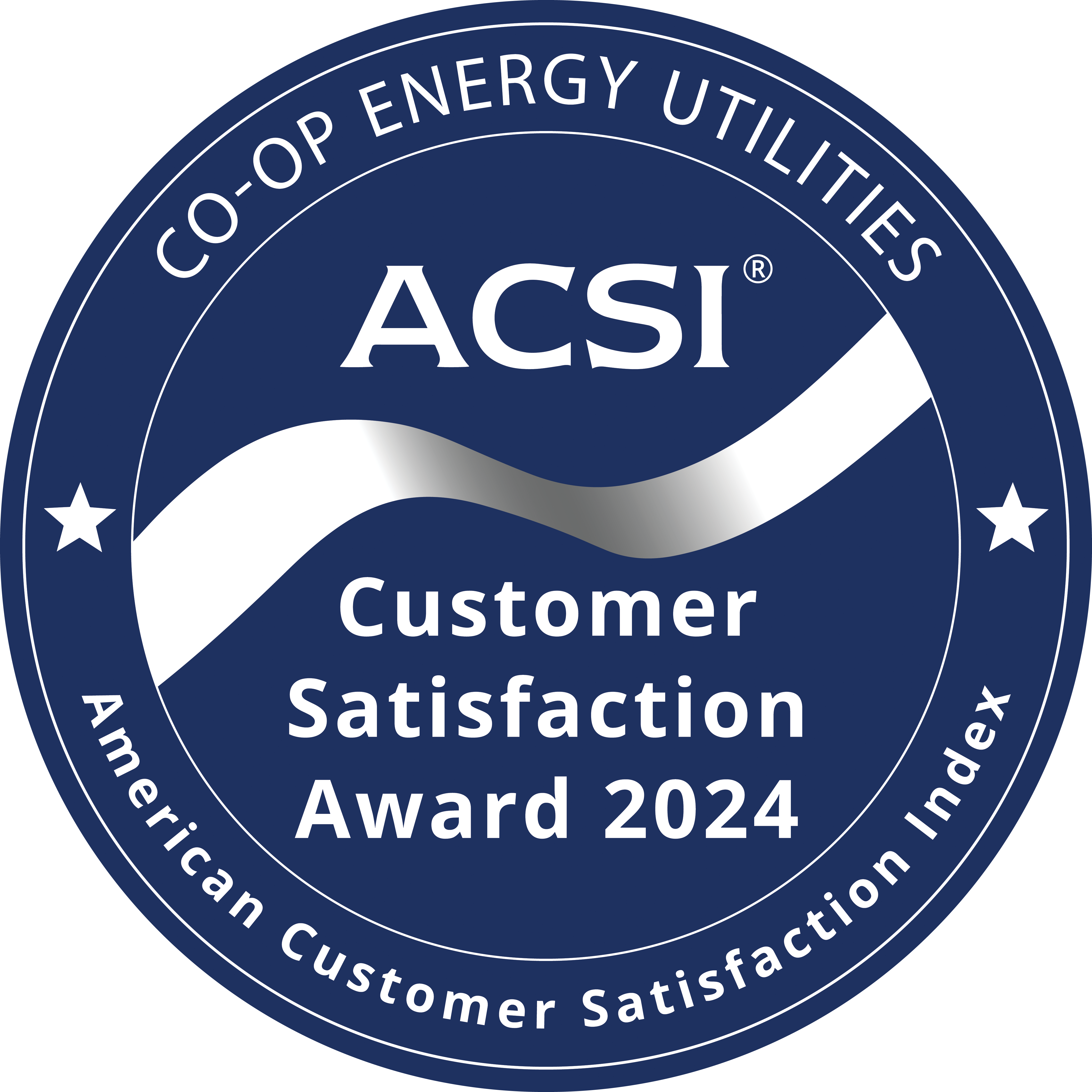Co-ops oppose new EPA rules that will sacrifice reliability and affordability
By Charlie Bayless
At the center of the Brighter Future vision shared among North Carolina’s 26 electric cooperatives is a commitment and responsibility to provide the state’s 2.5 million cooperative members with reliable electricity — and to do so at the lowest possible cost.
Together, we also share a goal of net-zero carbon emissions by 2050 and are working toward that goal at a responsible pace, incorporating new technologies and sustainable energy resources in ways that do not sacrifice reliability and affordability.
Pace is critical.
In April, the U.S. Environmental Protection Agency (EPA) issued rules restricting the operations of existing coal plants and new natural gas plants. These rules, which are designed to reduce carbon emissions, will force some plants to retire early and limit the number of hours others can operate. In making these new regulations, the EPA singularly focused on reducing carbon emissions without addressing the big picture — these new rules will sacrifice reliability and affordability.
In order to maintain reliability, electric utilities need to be able to operate within a regulatory framework that balances reliability, affordability and sustainability.
The EPA is willing to close power plants before reliable forms of alternative generation have been identified, requiring unproven technology like carbon capture, and is also willing to implement these changes in an accelerated timeframe, which raises costs without benefits to co-op members.
The good news for members of North Carolina’s electric cooperatives is that we are industry leaders in integrating new sustainable grid technologies. More than half of our energy already comes from emissions-free resources such as nuclear and renewables. Collectively, NC co-ops utilize more than 350 megawatts (MW) of renewables and operate 90 MW of batteries. Cooperatives also operate five microgrids throughout the state connected to businesses and residential communities. Finally, cooperatives served by the North Carolina Electric Membership Corporation (NCEMC) for all of their power requirements are planning to join a Duke Energy project to harness energy from a state-of-the-art, hydrogen-capable natural gas combined cycle generating plant, which will lower emissions in the state by replacing an older coal-fired power plant.
As a result of all of these efforts, North Carolina’s electric cooperatives’ fuel mix is 20% more carbon-free than the national average.*
Reliable electricity is what powers modern life. It has become the engine of the economy. In order to maintain reliability, electric utilities need to be able to operate within a regulatory framework that balances reliability, affordability and sustainability rather than focusing exclusively on one. This starts with integrating new and proven technologies into operations. Only once those technologies have been verified to work can we replace existing forms of generation — ensuring that new regulations will not adversely impact rural communities by increasing costs and decreasing reliability.
We’re working with national partners to push back against EPA’s rules. We will continue to work toward a sustainable future, but doing so while championing reliable, affordable power on behalf of our members.
*The fuel mix utilized by NCEMC, the wholesale power supply arm for 20 of North Carolina’s electric distribution cooperatives, is more than 60% carbon-free, versus the national average of 40% as reported by the U.S. Department of Energy. Learn more about the co-ops served by NCEMC.


